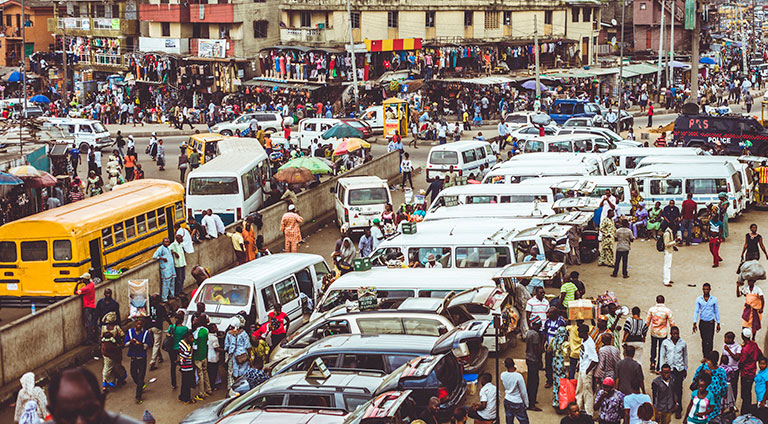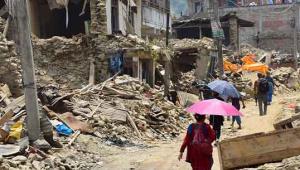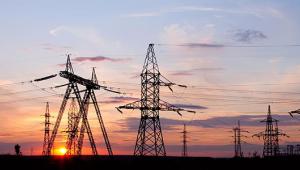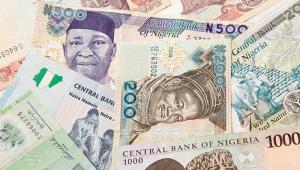Following an AfDB mission to Nigeria last week, the federal government asked for the funds to help it implement macroeconomic reforms as plummeting oil prices harm public finances. Forecasts predict an $11bn deficit in the 2016 budget, and the government is believed to be looking for around $3.5bn from the AfDB and the World Bank.
The AfDB and Nigeria’s vice-president described the bank’s mission to the country as timely. In a statement on Monday, the bank said the loan, which is currently under consideration, would “provide a good platform for policy dialogue to support the implementation of critical macroeconomic and sectoral reforms which have been initiated by the government”.
Nigeria is also in discussion with the World Bank exploring the possibility of a loan to plug this year’s deficit, however the country’s finance minister Kemi Adeousun said no application for a loan has been made yet.
The country’s 2016 budget predicts growth of 4.37% this year based on an oil price of $38 per barrel and a production estimate of 2.2 million barrels per day over the year. Currently oil benchmarks sit at around $30-$33 per barrel.
The country’s oil-reliant government hopes to finance the deficit through a combination of domestic and foreign borrowing.
Reforms include efforts to diversify the government’s revenue base, eliminate corruption and improve public financial management and revenue collection. Up to 30% of the budget will also be allocated to capital projects to stimulate economic development.
These reforms are in line with recommendations by International Monetary Fund managing director Christine Lagarde earlier this month on the conclusion of a visit to the country.
Lagarde said that after enjoying a decade of strong growth of 6.8% a year on average, Africa’s largest economy is being tested by falling oil prices, reduced emerging market demand and tightening global financial conditions. Growth is expected to slow to around 3.25%, with only a slight recovery this year, she noted.
The AfDB has also announced that the country’s Kano state government has appealed for the bank’s help on its development priorities, which revolve around investing in the state’s non-oil commodities to boost the economy and improve living standards.
Potential areas of collaboration include agriculture, hydro-power generation, light rail transport, youth employment and rural road networks. The state’s commissioner for budget and planning, Aisha Bello, said the Kano government was prepared to provide the required counterpart funding for projects.
The AfDB noted that some of the sectors mentioned were already receiving AfDB support, and urged the state governor to identify the state’s specific areas of interest with the federal finance ministry and assured the bank’s continued support.
The Islamic Development Bank also announced on Monday that it will work with the country’s federal government to develop a reconstruction plan for Northern Nigeria, where poverty, lack of services such as education and electricity, and the Boko Haram insurgency are taking their toll.














